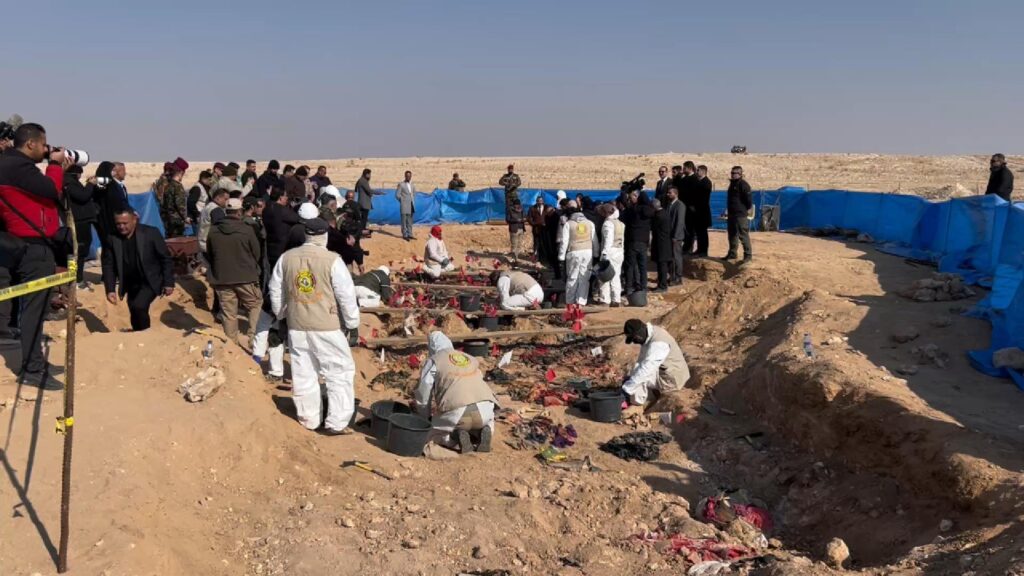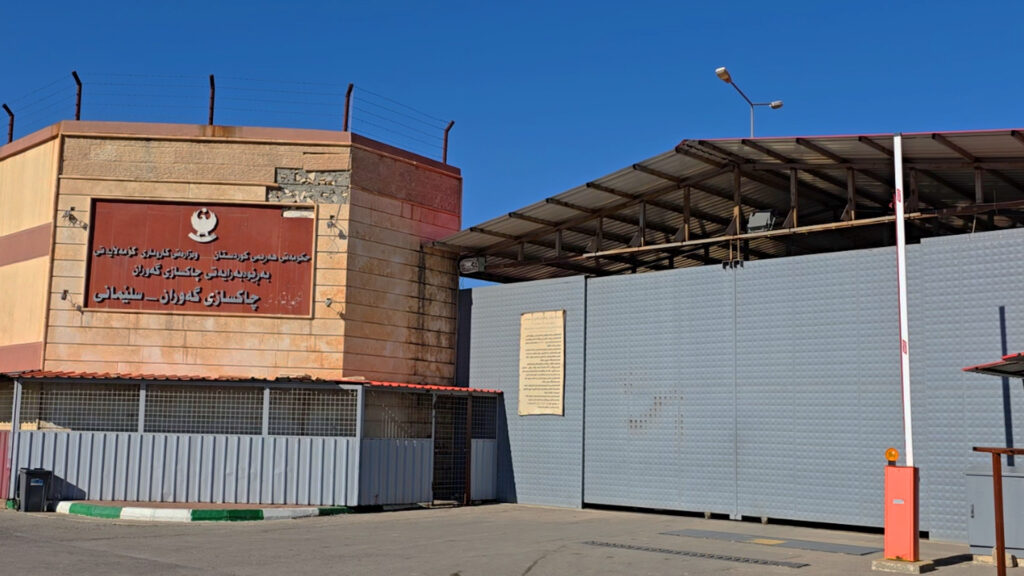Child marriage widely tolerated in Kurdistan Region IDP camps

After dating for about a year, Aymen arranged to meet Ahlam at a restaurant, but he didn’t have a simple meal in mind. Instead, he suggested they elope. “I called her, asking her whether she would come with me, and she said yes,” he recounted.
“We talked and he told me he wanted to ask for my hand. I said okay,” Ahlam explained simply.
They went to Duhok where Aymen has an uncle. From there, his father called Ahlam’s family and asked for their permission for the couple to marry. Not only is it the tradition in the Kurdistan Region for families to give their permission for couples to marry – in this case, it’s the law.
Aymen is 14 years old and Ahlam is 17.
Their families are Yezidis from Snune, north of Mount Shingal. They both live in camps in Duhok, displaced by the conflict with the Islamic State (ISIS). The families met on Wednesday, the Yezidi New Year, Chwarshama Sur, and approved the marriage.
“I wish them a happy marriage. Although they are not mature enough to get married, they can make it if they treat each other well,” said Noura, the mother of the bride.
The age difference doesn’t bother Ahlam. “He acts as if he is 20. He is good,” she said.
The phenomenon of child marriage is given little attention in the Kurdistan Region. It has reportedly increased as a result of protracted displacement. Faced with an uncertain future and economic vulnerability, families who fled the scourge of ISIS to live in the Kurdistan Region’s camps are turning to child marriage in an attempt to provide security for their daughters.
“We have a very miserable life here, it is safer to give my child away and get her married, even if she is 12 years old, than keeping her with us and risk having her stain our honour,” said one mother living in a camp, as quoted in a 2016 report by the United Nations Population Fund (UNFPA).
“In 2011, data from Iraq’s Central Bureau of Statistics showed that 5 percent of Iraqi girls were married before the age of 15 years while about 22 percent of Iraqi girls married before they turned 18,” the report said.
Iraq’s Minister of Planning and Development Cooperation Ali Al-Shokri said in 2013 that “Iraq is among countries with the highest rates of underage marriage in the world reaching 11 percent,” the UNFPA report said. “However, research shows that the prevalence of child marriage in Iraq generally is estimated to range between 16.7 percent and 19 percent under 18 years.”
Child marriages in the Kurdistan Region and Iraq frequently take place outside of official records, the report noted.
According to Iraqi law, child marriage is illegal, but permitted when they become de facto or the parents of both the bride and groom give their approval.
“The Iraqi Personal Status Law has put 18 as the legal age of marriage. The court won’t sign a marriage contract between a couple younger than 18,” Begard Talabani, a member of the Kurdistan Region parliament’s committee on human rights, women and social affairs, told Rudaw English on Thursday.
“However, if the couple is between 16 and 18 and the father or mother of both approve the marriage, the court will sign the marriage contract.”
“If a couple younger than 16 gets married without knowledge of both families and then the marriage becomes de facto, then the court will issue them with marriage documentation rather than a marriage contract,” Talabani added.


